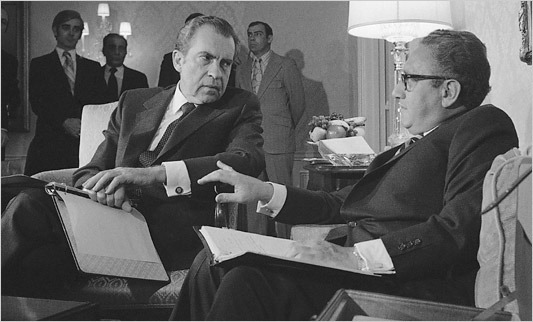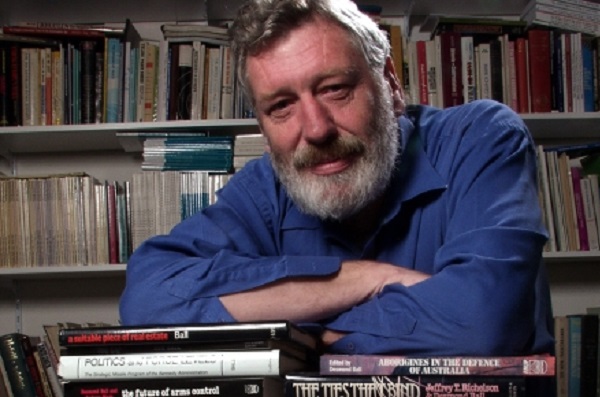T. Greer on the Geopolitics of Rising India
Wednesday, September 6th, 2017[Mark Safranski / “zen“]

Friend of zenpundit.com, T. Greer of Scholar’s Stage had an outstanding post on the implications of Indian power relative to an increasingly aggressive China. It’s one of the better pieces I have read on the topic in some time.
Leveraging Indian Power The Right Way
Now that the affair in Doklam has come to a close, analysts of various stripes are trying to make sense of what happened and what lessons can be learned from the episode. One of the smartest of these write ups was written by Oriana Skylar Mastro and Arzan Tarapore for War on the Rocks. They’ve titled their piece “Countering Chinese Coercion: The Case of Doklam,” and as their title suggests, Dr. Mastro and Mr. Tarapore believe the strategy employed by the Indians in Dolkam can be generalized and should be deployed to defend against Chinese coercion in other domains. They make this case well. I agree with their central arguments, and urge you to read the entire thing without regret.
However, there is one paragraph in their analysis that I take issue with. It is really quite peripheral to their main point, but as it is a concise statement of beliefs widely held, it is a good starting point for this discussion:
Over the longer term, India should be wary of learning the wrong lessons from the crisis. As one of us has recently written, India has long been preoccupied with the threat of Chinese (and Pakistani) aggression on their common land border. The Doklam standoff may be remembered as even more reason for India to pour more resources into defending its land borders, at the expense of building capabilities and influence in the wider Indian Ocean region. That would only play into China’s hands. Renewed Indian concerns about its land borders will only retard its emergence as an assertive and influential regional power. [1]
From the perspective of the United States, Japan, South Korea, Taiwan, Australia, and the other redoubts of freedom that string the edges of the Pacific rim, the rise of the Indian republic is a positive good. We should do all we can to aid this rise. Here both the demands of moral duty and the exacting claims of realpolitik align.
I’ve phrased these ideas with more strength and moral clarity than the dry and jargon laden language of professional policy normally allows, but the sentiment expressed hits close to how most D.C. politicos think about the matter. The rightness of a rising India is a bipartisan consensus. Far less thought is given to what shape that rise should take. This is not something we should be neutral on. The contours of India’s rise matter a lot—not only for them, but for us, and ultimately, for all who will inherit the world we will together build. It might seem a bit grandiose to claim that the future of Asian liberty depends on the procurement policies of India’s Ministry of Defence… but this is exactly what I am going to try and convince you of.
Read the rest here.
Greer gives very pragmatic advice to American policymakers courting India as to reasonable expectations and to the Indian defense establishment as to where Indian defense dollars would give PLA generals the greatest fits. This is sensible as both groups are likely to overreach: America too quickly pressing India for defense commitments it can neither afford nor politically digest and India seeking a naval contest with China for nationalist prestige at the expense of other critical defense needs.
China will build its own cordon sanitaire against itself by the relentless bullying and interference in the internal affairs of all its major neighbors in the Pacific Rim, friendless other than for two rogue state clients, Pakistan and North Korea and impoverished Cambodia. Our job is to assist China’s neighbors, including great powers India and Japan, in accelerating their acquisition of the military capacity to resist Beijing’s coercion; if it is less than an East Asian NATO, that’s fine. What matters is a robust counterbalance that has to be reckoned with in Beijing’s calculus.






